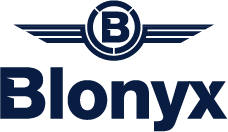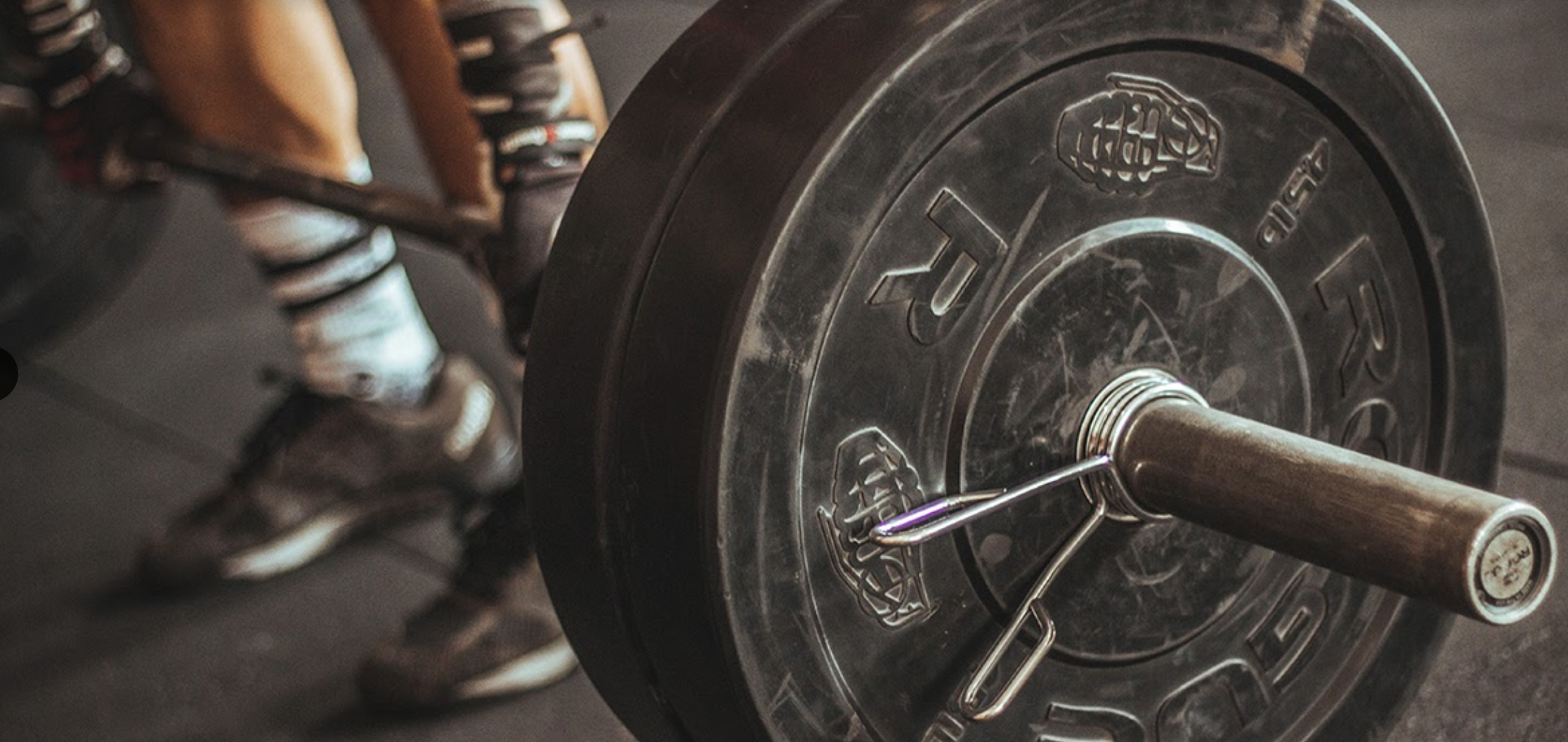
The rapid ascension of weightlifting standards amongst the Crossfit Elite is evidence that both coaching and training standards are rapidly improving. High quality athletes and coaches from the weightlifting world are now in high demand amongst our community, as seen in Olympic athlete Tom Sroka's recent move from team Muscle Driver USA over to join Rudy Neilsen's Outlaw Way Barbell Seminar Staff.
As we get better at weightlifting however, we also begin to hit obstacles more often seen with the weightlifting elite. One of the most common obstacles we see as coaches is athletes getting stuck in a plateau: No matter how hard we work, how much we try and improve our programming, diet, rest etc. we just don't see improvements in our lifts. In an attempt to improve myself as a coach, I caught up with Tom Sroka, also an ambassador for us here at Blonyx, to get some tips on how to coach athletes through this difficult time. Here is a summary of the interesting points and practical exercises I learned from Tom:

All lifters should train differently, not simply according to their perceived level.
Many coaches use different techniques depending on the level of their lifter (e.g. intermediate or advanced, advanced being medal winning at regional and national meets). They withhold advanced movements such as the sots press or jerk recovery because they think it will overwhelm the athlete. “Tailor your coaching for each lifter, regardless of level” says Tom. "Make adjustments according to their individual strengths and weaknesses. Make adjustments and note your lifter's physiological response to them and if positive, keep them, if negative, move on. Having a standard training regimen that is dependent on the lifter's level is much more likely to lead to a plateau, as their weaknesses aren't being specifically catered for. Get to know your athletes, and you'll know what changes to make when they show signs of plateauing."
Look out for external causes of plateauing
Many things contribute to a lack of development in a weightlifter. Once you have looked at the lifters form, technique and programming and feel that it is adequate, Tom recommends you look at the big picture. “What is the lifter doing outside of training?” Are they working 12 hours per day? Are they sleeping? Are they training full time for the CrossFit Games? Tom pinpoints a large contributor to this as overtraining and improperly deloading. “Your deload should be programmed into your schedule…if you’re feeling over trained or tired, it’s too late. Use your experience as a coach to know when the volume you are programming requires more downtime.”
Drills to help you pass a plateau
For those lifters that feel they need something new, Tom has outlined several drills below that he would recommend for a lifter that is struggling with a certain part of a lift. Use these to increase your strength or speed in the area you are weakest:
a. Weakness: The Pull
- Heavy Pulls pausing at the knee
- Heavy Negative pulls https://www.youtube.com/watch?v=IcOiLqZmgZs
- Heavy pull from hang
- Heavy pulls from blocks https://www.youtube.com/watch?v=t9zENA1Ejkc
- The “No hook no feet” https://www.youtube.com/watch?v=ccyMOhru2PQ
- Snatch Balance
- Bottom Up Overhead Squats
- Pause Front Squats
e. Weakness: Jerk timing
- Oscillation Drills https://www.youtube.com/watch?v=F9HlxXCAU9U
- Pressing for the split https://www.youtube.com/watch?v=obV3rMCQdLI
Tom Sroka is a Blonyx ambassador and competitive US weightlifter and coach. He is the founder of the strength agenda (www.thestrengthagenda.com) as well as head weightlifting coach at CrossFit Vitality, CrossFit Weddington and CrossFit Northlake. Tom was the 2013 American Open 105+ champion and is currently on the Staff for Outlaw Seminars. You can follow Tom on Facebook, Twitter (@Srokus) and Instagram (@SuperSrokus).


